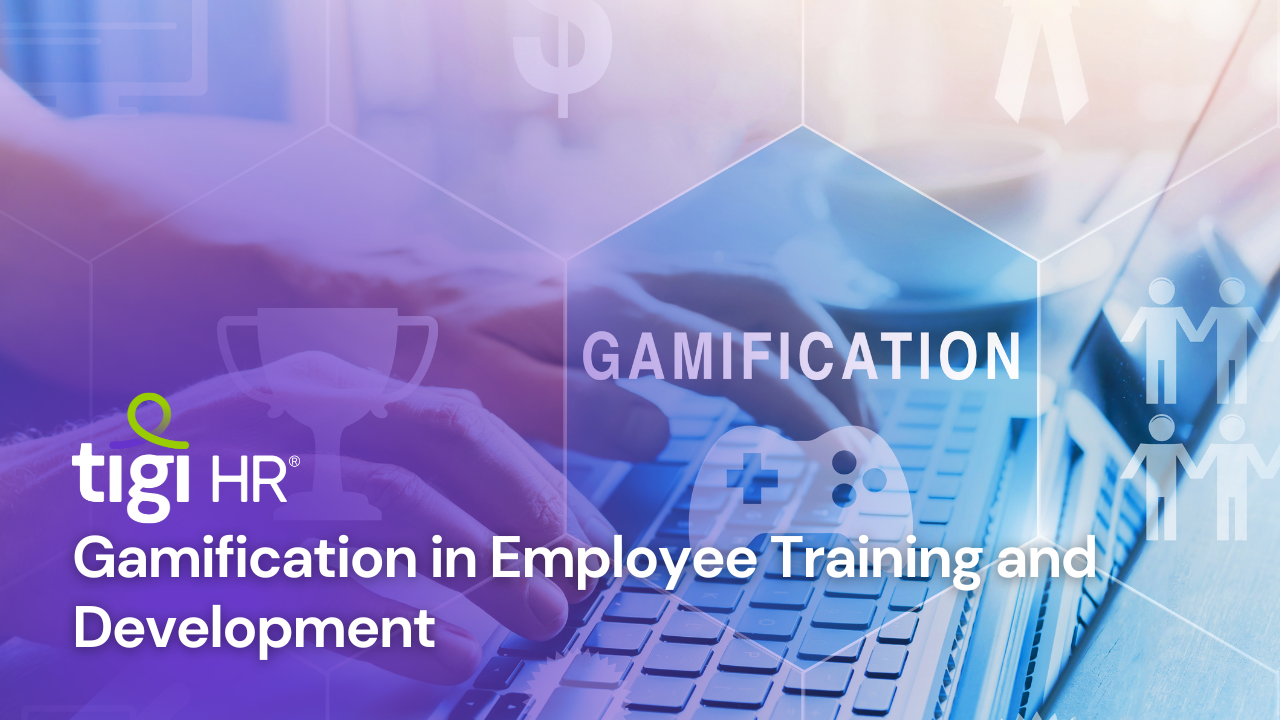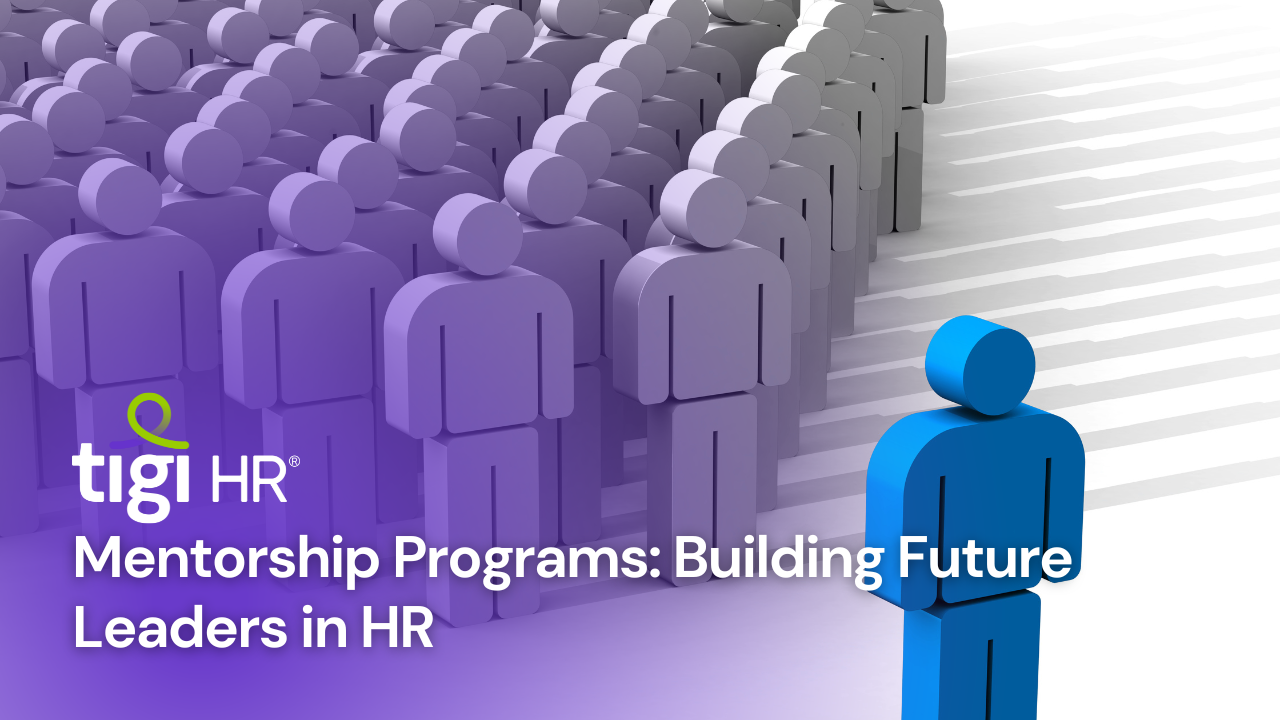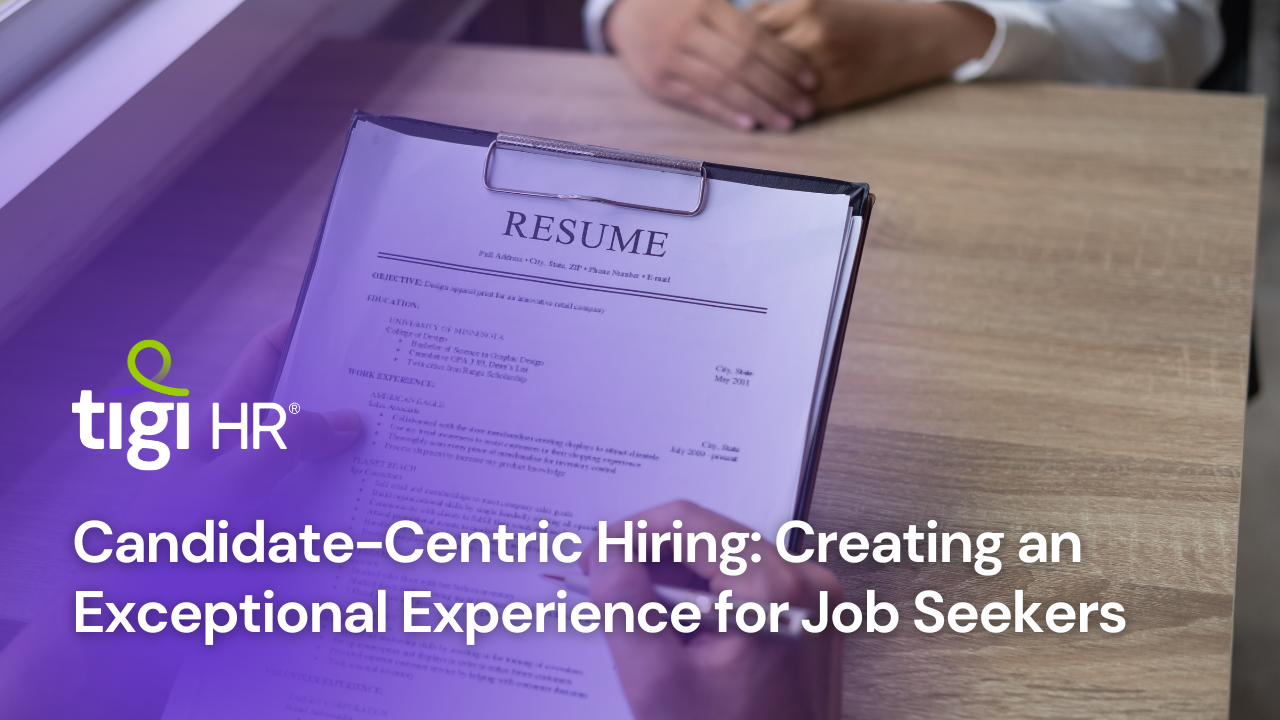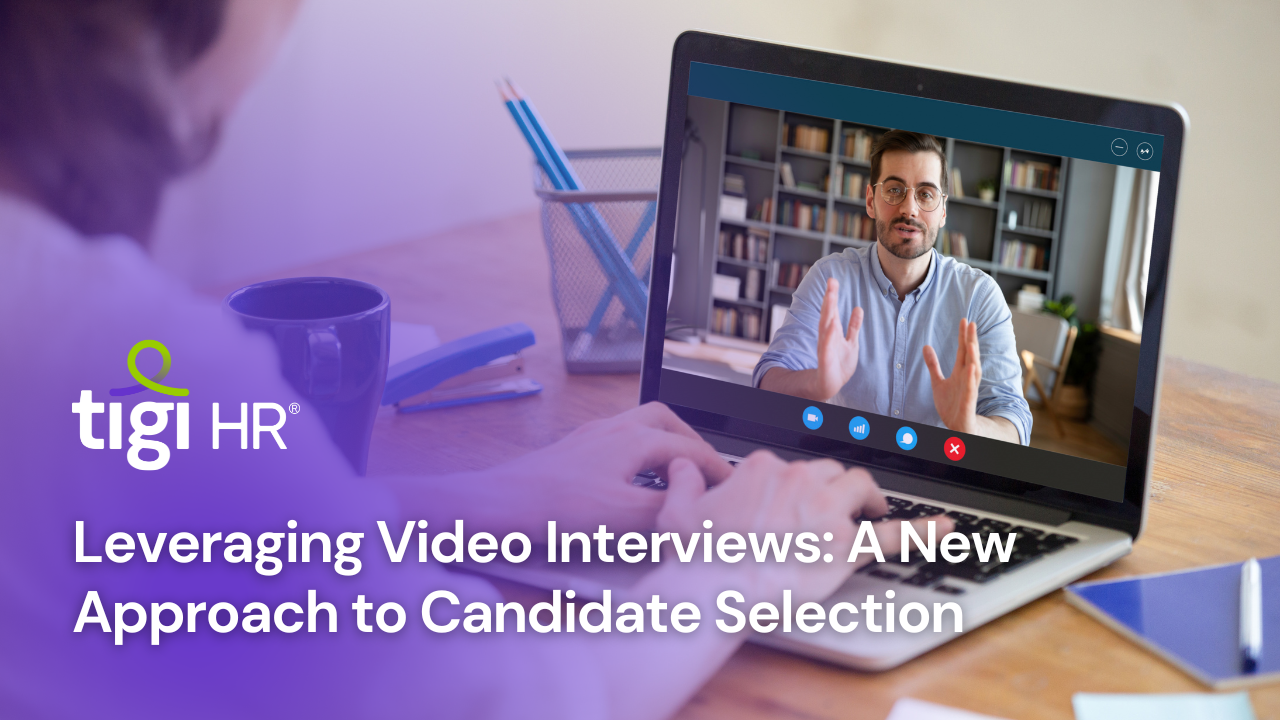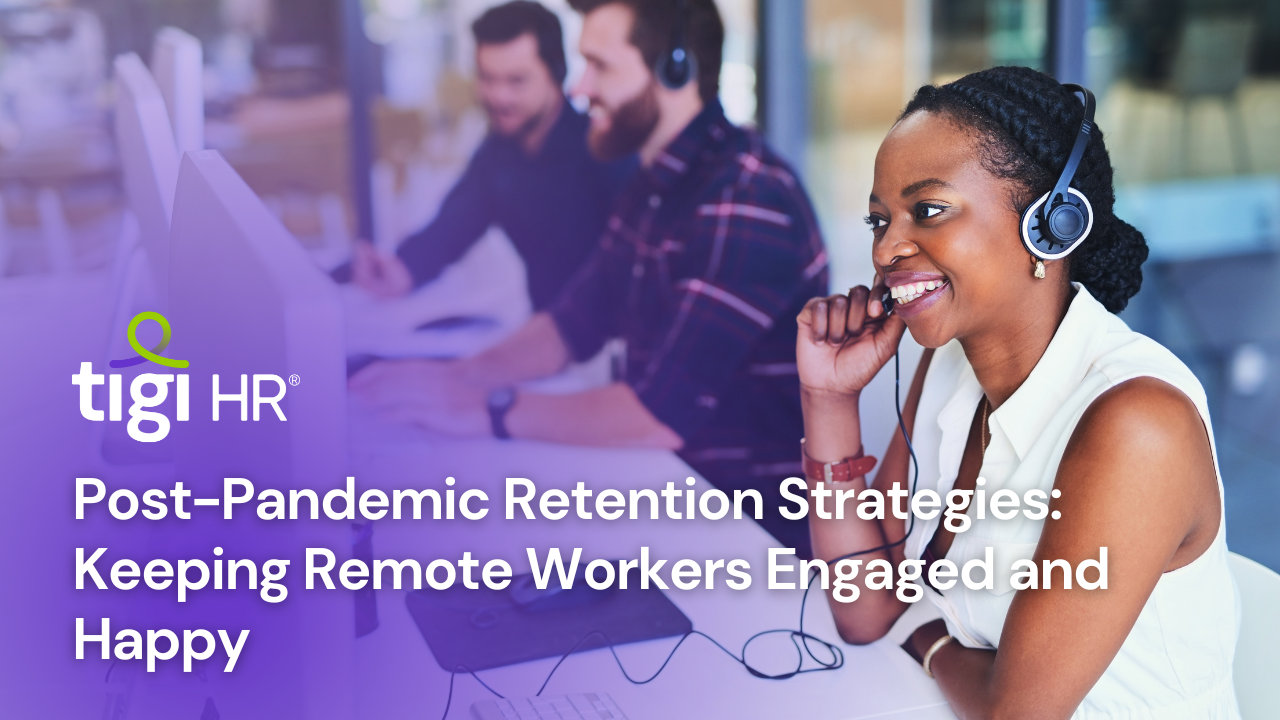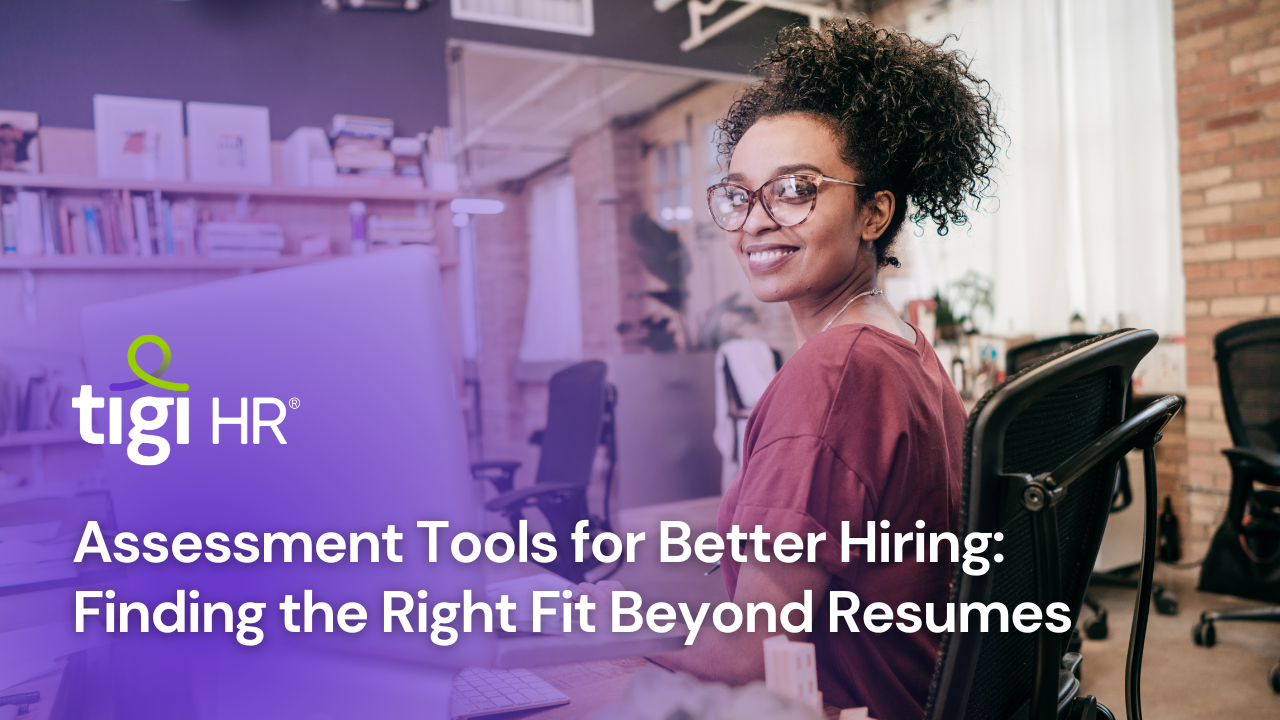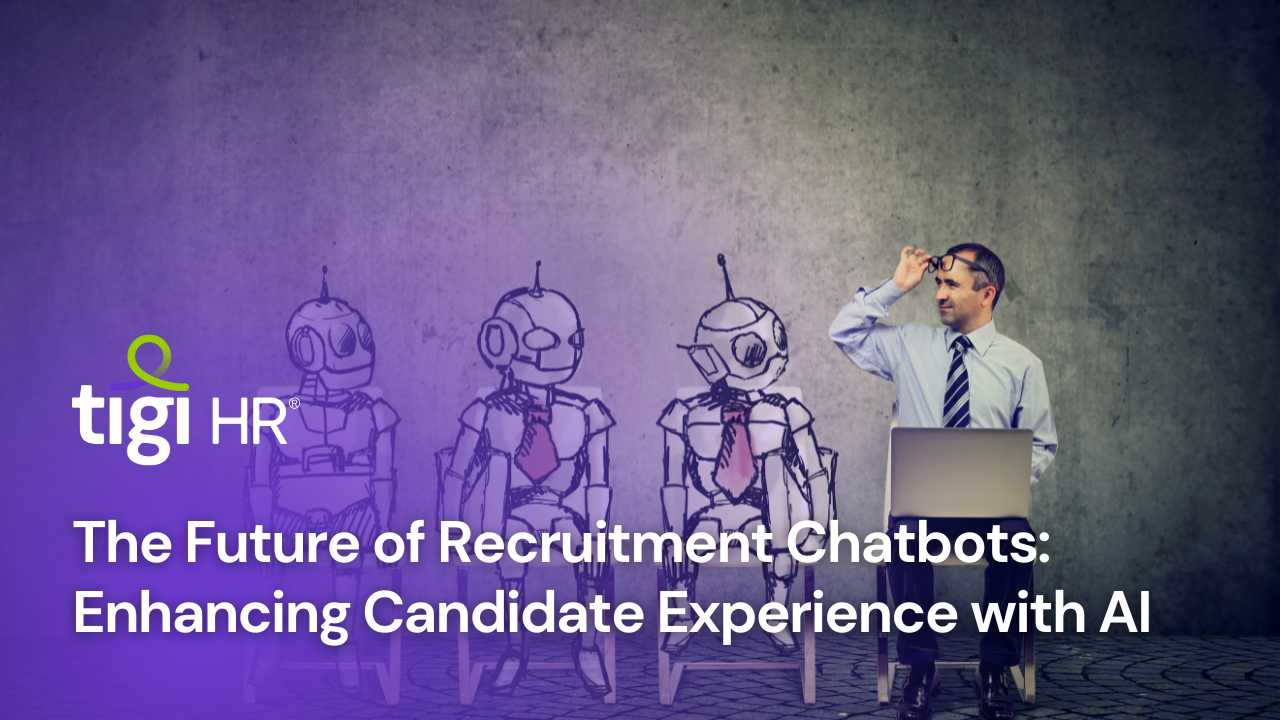Join our team as a Technical Support Specialist at [Company Name]. We’re looking for problem solvers who excel in troubleshooting hardware and software issues, delivering exceptional customer support, and maintaining a customer-centric approach. If you’re passionate about technology and helping others, this is your opportunity to contribute to our dynamic team and grow with us in the exciting world of tech support.
Month: September 2023
Gamification in Employee Training and Development
Gamification revolutionizes employee training and development by infusing game elements into learning programs. It motivates employees through competition, instant feedback, and customization. With clear objectives, appropriate gamification elements, engaging content, and data-driven monitoring, organizations can optimize the learning experience. This innovative approach enhances engagement, knowledge retention, and overall workforce performance, making it a vital tool in modern corporate training strategies.
HR’s Guide to Handling Workplace Bullying and Harassment
Workplace bullying and harassment pose serious threats to employee well-being and company reputation. In this comprehensive HR guide, we explore strategies for recognizing, responding to, and preventing these toxic behaviors. By fostering a respectful workplace culture, encouraging prompt reporting, and taking decisive actions, HR professionals can play a vital role in creating a safe and inclusive environment where bullying and harassment have no place. Learn how to protect your organization and support your employees in this essential guide.
Mentorship Programs: Building Future Leaders in HR
In the dynamic realm of HR, mentorship programs have become indispensable for shaping future leaders. These programs offer invaluable knowledge transfer, skill honing, and career progression opportunities. Mentors guide aspiring HR professionals, helping them navigate the evolving landscape. Effective mentorship programs not only benefit individuals but also bolster organizations, ensuring they remain at the forefront of HR innovation and leadership. As we look ahead, mentorship remains the key to fostering tomorrow’s HR luminaries.
Mastering Employer Branding: Attracting Top Talent in a Competitive Market
In today’s cutthroat job market, attracting and retaining exceptional talent requires more than competitive salaries and benefits. It necessitates a compelling and distinctive employer brand—a brand that not only attracts top candidates but also fosters a sense of belonging and loyalty among employees. This article delves into the realm of employer branding, dissecting its significance, essential elements, and the pivotal role technology plays in creating and promoting it.
Employer branding extends far beyond flashy logos or catchy slogans. It revolves around crafting a reputation and culture that resonate with both current employees and potential candidates. The strength of your employer brand is intrinsically linked to your ability to draw, hire, and retain top-tier talent. In today’s ultra-competitive job market, here’s why employer branding is paramount:
1. **Competitive Edge**: In the battle for talent, a robust employer brand distinguishes you from rivals seeking the same pool of candidates. It entices individuals whose values and aspirations align with your organization’s mission.
2. **Talent Magnetism**: A compelling employer brand acts like a magnet, attracting high-caliber candidates who actively seek opportunities within your company. This amplifies your access to a larger talent pool.
3. **Employee Retention**: A positive employer brand is akin to glue that binds employees to your organization. It cultivates a sense of belonging and fosters long-term commitment.
Building a formidable employer brand necessitates several strategic elements:
1. **EVP Definition**: Your Employer Value Proposition (EVP) forms the bedrock of your brand. It encapsulates the distinctive benefits and rewards employees receive in exchange for their contributions. To stand out, you must define what makes your organization an exceptional employer.
2. **Culture Showcasing**: Your company culture is a pivotal aspect of your employer brand. Authentic storytelling through employee testimonials, real-life anecdotes, and behind-the-scenes content offers prospective candidates a glimpse into your organization’s essence.
3. **Employee Advocacy**: Encourage your employees to become brand ambassadors. Their genuine narratives and endorsements on social media add authenticity to your employer brand.
4. **Social Responsibility**: A commitment to social responsibility and sustainability can be a significant pull factor for candidates. Many job seekers are inclined toward organizations that align with their values and have a positive societal impact.
5. **Employee Development**: Demonstrating your dedication to employee growth and development is another facet of a compelling employer brand. Training programs, mentorship opportunities, and career advancement paths make your organization more attractive.
6. **Continuous Improvement**: Consistently assess the effectiveness of your employer brand through surveys, candidate feedback, and performance metrics. Use these insights to refine and enhance your brand over time.
Promoting your employer brand necessitates a strategic approach:
1. **Career Website**: Your career website should be a hub of information, offering insights into your culture, values, and benefits. It’s often the first touchpoint for potential candidates.
2. **Social Media**: Actively manage your social media presence. Platforms like LinkedIn, Facebook, and Instagram can be used to share content highlighting your company culture, employee achievements, and social responsibility efforts.
3. **Employee Testimonials**: Encourage employees to share their experiences on professional networks like LinkedIn. Their stories and endorsements carry significant weight with potential candidates.
4. **Employer Review Sites**: Monitor and manage your presence on employer review sites like Glassdoor and Indeed. Address feedback and engage with reviews to demonstrate your commitment to employee satisfaction.
5. **Recruitment Marketing**: Incorporate employer branding into your recruitment marketing efforts. Use targeted campaigns to reach and engage with potential candidates, showcasing your EVP and company culture.
Technology plays a pivotal role in shaping and promoting employer brands:
1. **Social Media Analytics**: Employers can utilize social media analytics tools to measure the impact of their employer brand efforts. These tools offer insights into engagement, reach, and candidate sentiment.
2. **AI-Driven Insights**: AI can analyze extensive data sets to identify trends and patterns related to employer branding. It provides actionable insights for improving the employer brand strategy.
3. **Employee Advocacy Platforms**: Technology platforms facilitate employee advocacy by providing employees with easy-to-use tools for sharing content and tracking their impact on social media.
In conclusion, mastering employer branding is not a choice in today’s fiercely competitive job market—it’s a strategic necessity. A compelling employer brand attracts, retains, and engages top talent while setting your organization apart as an employer of choice. With technology as a powerful ally, organizations that invest in their employer brand and adapt to the evolving landscape of talent acquisition will gain a significant edge in securing the best talent. Remember, your employer brand is not just a story you tell; it’s the story employees and candidates share about you. Make it a compelling and positive one.
Candidate-Centric Hiring: Creating an Exceptional Experience for Job Seekers
In a rapidly evolving job market, where top talent has more options than ever, organizations are recognizing the need to shift their approach to recruitment. The traditional process of assessing candidates solely from the perspective of the company is giving way to a more balanced and responsive model: candidate-centric hiring.
Today’s job seekers have heightened expectations when it comes to their job search experience. They seek transparency, clear communication, efficiency, and respect throughout the recruitment process. To stay competitive and secure the best talent, organizations must prioritize the needs and experiences of job seekers.
In this article, we delve into the concept of candidate-centric hiring, exploring its benefits, best practices, and how technology plays a pivotal role in creating an exceptional experience for candidates. From enhancing online presence and transparent communication to streamlining the application process and personalizing interactions, organizations can gain a significant edge by putting candidates at the center of their hiring strategy.
Leveraging Benefits of Video Interviews: A New Approach to Candidate Selection
In the ever-evolving world of recruitment, technology continues to play a pivotal role in shaping the way organizations discover and select top talent. One such technological advancement that has gained significant traction in recent years is the use of video interviews. These interviews offer a fresh perspective on candidate selection, providing a myriad of benefits for both recruiters and candidates.
In this article, we explore the rise of video interviews, their diverse types, and the numerous advantages they bring to the hiring process. From cost-efficiency to global reach, video interviews have transformed the way organizations connect with talent, making the selection process more streamlined and accessible.
But like any technological tool, video interviews come with their own set of best practices and challenges. Ensuring candidates are well-prepared, creating a professional interview environment, and actively engaging with candidates during the interview are crucial for success. Additionally, providing timely feedback to candidates fosters a positive candidate experience, an aspect that is gaining increasing importance in the competitive talent market.
While video interviews have brought remarkable innovations to candidate selection, they are also evolving. The integration of artificial intelligence (AI) promises to enhance assessment accuracy and reduce bias, while virtual reality (VR) interviews offer immersive experiences for assessing practical skills. Moreover, enhanced security measures are becoming essential in protecting sensitive interview data in our increasingly digital and remote work environment.
As we look to the future, video interviews will undoubtedly continue to play a central role in recruitment, making the process more efficient, cost-effective, and insightful. Embracing these advancements is not just a matter of staying competitive; it’s about discovering the best talent in an ever-expanding global talent pool.
Post-Pandemic Retention Strategies: Keeping Remote Workers Engaged and Happy
The post-pandemic era has redefined the way we work, with remote and hybrid work arrangements taking center stage. While these new models offer flexibility and access to a broader talent pool, they also present unique challenges in terms of employee engagement and retention. As organizations transition into this evolving landscape, the happiness and retention of remote workers have become paramount.
This article delves into the post-pandemic world of remote work, exploring the factors influencing remote worker retention and the effective strategies that organizations can implement to keep their remote workforce engaged and satisfied.
From fostering communication and setting clear boundaries to investing in professional growth and promoting mental well-being, these strategies not only address the challenges remote workers face but also contribute to a more resilient and engaged workforce in the dynamic world of work we now inhabit.
Assessment Tools for Better Hiring: Finding the Right Fit Beyond Resumes
In the world of modern recruitment, the reliance on resumes and interviews alone is undergoing a profound shift. While resumes provide a glimpse into a candidate’s past, they often leave critical gaps in understanding their true potential, skills, and cultural alignment. This is where assessment tools come into play, offering a more comprehensive view of candidates. In this article, we explore the pivotal role of assessment tools in the hiring process, how they transcend the limitations of traditional hiring methods, and why they are shaping the future of talent acquisition.
Resumes, while essential, often fail to reveal the full spectrum of a candidate’s capabilities. They can be subjective, inflated, and limited in their ability to assess skills, personality traits, and cultural fit. In response to these limitations, assessment tools have emerged as powerful instruments that enable organizations to make more informed hiring decisions. These tools provide objective data, measure skills and personality traits, evaluate cultural alignment, and even employ predictive analytics to forecast a candidate’s future performance.
From cognitive and skills assessments to personality and emotional intelligence evaluations, assessment tools offer a diverse range of insights. The key is to align these assessments with the specific requirements of the job and establish a standardized process to ensure fairness. Training recruiters and hiring managers in interpreting assessment results and providing transparent feedback to candidates further enhances the effectiveness of these tools.
The future of assessment tools is poised for exciting advancements, driven by AI, machine learning, and gamification. These technologies will provide a deeper understanding of candidates, making hiring decisions more accurate and insightful. With gamified assessments and virtual reality simulations on the horizon, the world of talent acquisition is on the brink of a transformative era where assessment tools will play a pivotal role in finding the right fit beyond resumes.
The Future of Recruitment Chatbots: Enhancing Candidate Experience with AI
The future of recruitment is undergoing a profound transformation, with AI-driven chatbots taking center stage. These virtual assistants are not just streamlining the hiring process; they are redefining the candidate experience. In this article, we delve into the world of recruitment chatbots, exploring their current significance and the tantalizing prospects they hold for the future.
Recruitment chatbots have already proven their worth by enhancing efficiency, improving communication, and providing valuable data insights. But what lies ahead is even more exciting. The future of these AI-powered bots promises advancements in AI matching, natural language processing, multilingual capabilities, and immersive experiences through AR and VR technologies.
While the potential is vast, organizations must also navigate challenges such as data privacy, bias mitigation, and striking the right balance between automation and human interaction. The future of recruitment chatbots is bright, but it requires a strategic and ethical approach to harness their full potential.
Join us on this journey as we explore how recruitment chatbots are revolutionizing the way organizations engage with candidates, creating a more efficient and personalized hiring experience for all.



